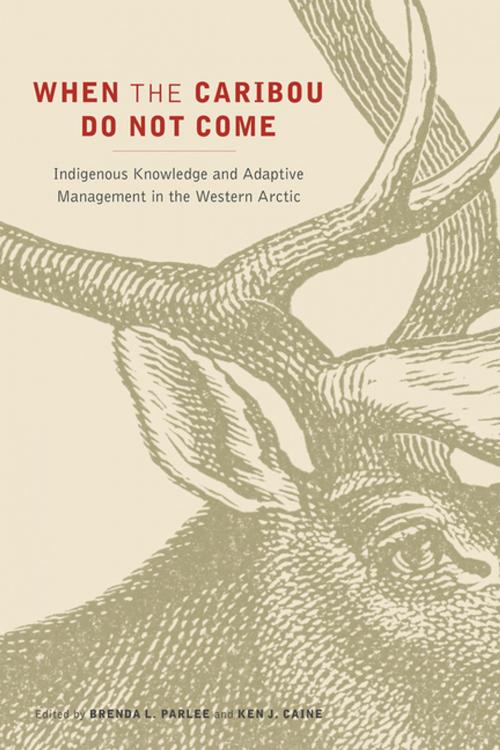When the Caribou Do Not Come
Indigenous Knowledge and Adaptive Management in the Western Arctic
Nonfiction, Social & Cultural Studies, Social Science, Cultural Studies, Native American Studies, Science & Nature, Science, Biological Sciences, Environmental Science| Author: | Brenda L. Parlee, Ken J. Caine | ISBN: | 9780774831215 |
| Publisher: | UBC Press | Publication: | May 23, 2018 |
| Imprint: | UBC Press | Language: | English |
| Author: | Brenda L. Parlee, Ken J. Caine |
| ISBN: | 9780774831215 |
| Publisher: | UBC Press |
| Publication: | May 23, 2018 |
| Imprint: | UBC Press |
| Language: | English |
In the 1990s, headlines about declining caribou populations grabbed international attention. Were caribou the canary in the coal mine for climate change, or did declining numbers reflect overharvesting or failed attempts at scientific wildlife management? Grounded in community-based research in northern Canada, a region in the forefront of co-management efforts, these collected stories and essays bring to the fore the insights of the Inuvialuit, Gwich’in, and Sahtú, people for whom caribou stewardship has been a way of life for centuries. Ultimately, this powerful book drives home the important role that Indigenous knowledge must play in understanding, and coping with, our changing Arctic ecosystems.
In the 1990s, headlines about declining caribou populations grabbed international attention. Were caribou the canary in the coal mine for climate change, or did declining numbers reflect overharvesting or failed attempts at scientific wildlife management? Grounded in community-based research in northern Canada, a region in the forefront of co-management efforts, these collected stories and essays bring to the fore the insights of the Inuvialuit, Gwich’in, and Sahtú, people for whom caribou stewardship has been a way of life for centuries. Ultimately, this powerful book drives home the important role that Indigenous knowledge must play in understanding, and coping with, our changing Arctic ecosystems.















